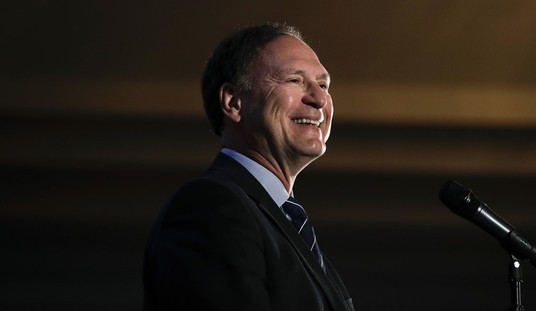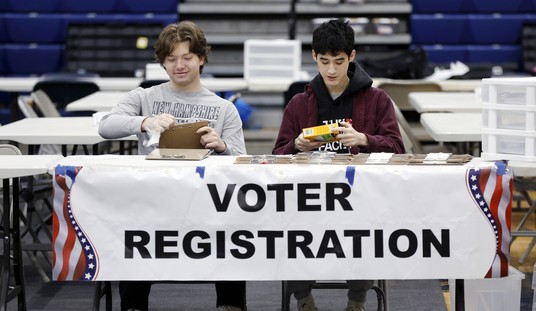As is usual for a prime minister under fire, Bibi Netanyahu dissolved the Knesset this week in a call for early elections slated for March 2015. Those on the right rejoiced as Livni and Lapid, Leftist and Center-Leftist respectively, were kicked out of their high-ranking positions in the now defunct coalition. But, that isn’t the Right’s only reason for rejoicing. As David Horovitz reports in Times of Israel, the ultra-Right stands to claim a solid victory in March 2015:
The first three instant polls, taken late Tuesday and early Wednesday, for Channel 2, Channel 10, and Walla, predict a very different Knesset array three-and-a-half months from now. The three polls produce findings very similar to one another, indicating that Likud, Yisrael Beytenu and the former Likud minister Moshe Kahlon’s as-yet-unnamed new party will win 49-51 seats together — a staggering surge compared to the 31 won by Likud-Yisrael Beytenu last time. Jewish Home also gains five seats, in all three polls, to 17. That means the right wing could muster a 66- to 68-seat coalition — a healthy Knesset majority — with no need of outside assistance. Certainly no reliance on the likes of Livni or Lapid. And no reliance, either, on Shas or UTJ. The ultra-Orthodox parties could be invited into the coalition, but they wouldn’t have make-or-break leverage.
Let’s hope they don’t. The Israeli Left was abuzz this past September during my own visit to Israel. “Netanyahu will call for early elections. He’ll form a new coalition with the ultra-Orthodox,” they shook their heads, and with good reason. Yair Lapid may be playing politics, but the former TV news anchor-turned-politician made good points regarding Netanyahu’s timing:
The ultra-Orthodox Shas party entered the fray late Monday, with chairman Aryeh Deri reiterating his own demands for entering a post-election Netanyahu government. These included cutting the 18% sales tax on many basic grocery goods, raising the minimum hourly wage from NIS 23.12 ($5.87) to NIS 30 ($7.62), changing the recently passed ultra-Orthodox draft law, restoring some funds cut by the current government from ultra-Orthodox religious seminaries and schools – and the cancellation of Lapid’s tax-free housing program, which would only apply for those who served in the military, leaving many ultra-Orthodox out.
Netanyahu is becoming a rare figure on the Israeli Right, a politician whose motivations are rooted more in the secular Zionism of Israel’s founders than the ultra-religious motives of the Rabbis-cum-politicians motivating the ultra- and Modern Orthodox parties. To be sure, Netanyahu could not count on an already critical Lapid and Livni were he to pursue the inevitable military action against Iran, but hawkishness abroad and hawkishness at home are two very different things, especially where religious and secular are concerned.
Horovitz’s main focus is on the international scene, his fear being that Netanyahu’s ultra-Right coalition would be perceived negatively abroad, making Israel the brunt of any PR surrounding future terror attacks, UN pressure for a Palestinian state, and the never-ending BDS movement. I agree with him in theory, but not in fear. There is nothing new about Israel taking a beating for defending itself, and so what? The real threat is something most international audiences cannot comprehend: That of civil war.
To paraphrase the Proverb, should Israel fall, it will fall from within. While an ultra-Right coalition may accomplish certain defense goals, they may run the risk of doing so at the expense of national unity. When speaking to the General Assembly of the Jewish Federations of North America in 2012, Daniel Gordis wisely observed that his greatest fear was not Iran, nor Hamas, but a civil war between the secular and religious in Israel. Would an ultra-Right coalition demand secular soldiers take on the kind of defense operation required to disarm Iran or defeat ISIS while letting the ultra-Orthodox dodge the draft in the name of political unity? If so, those would be ugly days for Israel, indeed. And the coalition to come after that call for early elections may be just as hawkish in the other direction, making losers of us all.








Join the conversation as a VIP Member